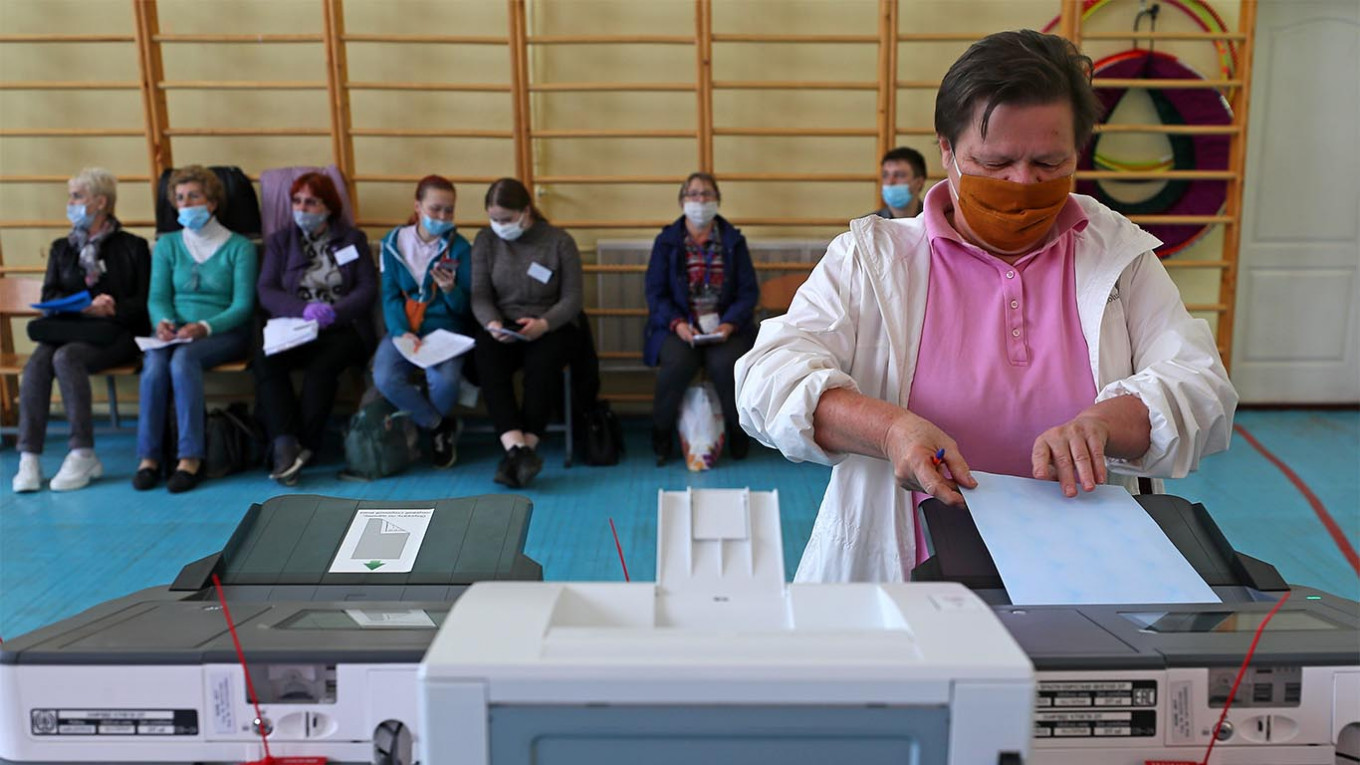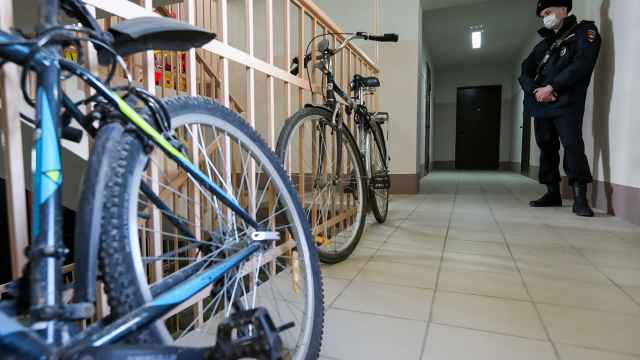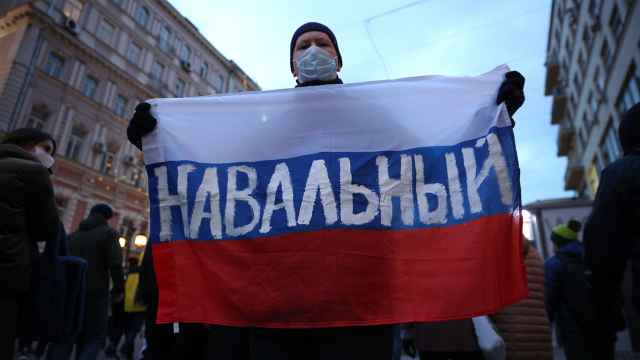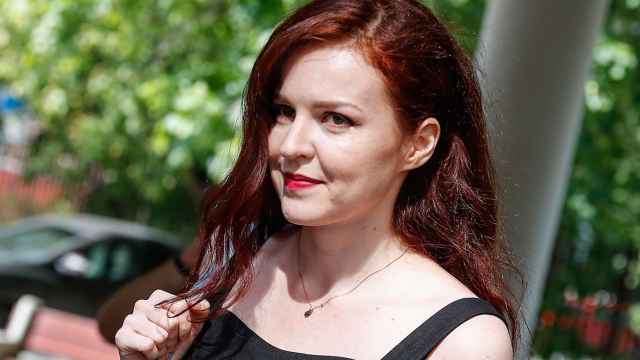State-aligned media is declaring wins for pro-Kremlin sitting or acting regional heads in all 18 direct gubernatorial races, along with “stable majorities” for United Russia in all 11 regional legislative assemblies for which elections took place. Sergey Turchak – the secretary of United Russia’s General Council — has called the preliminary results a “convincing victory” for the party.
The head of the Central Electoral Commission, Ella Pamfilova — along with the Interior Ministry, the presidential human rights council and the Public Chamber — have stated that there were no serious violations during the vote. The Kremlin-leaning Izvestiya outlet is framing these wins for pro-Kremlin candidates as a sign of the “irrelevance of the protest agenda.”
Regarding the opposition, Navalny’s team is celebrating reports of wins — both of its own team members as well as those of candidates chosen by its “Smart Voting” campaign — in various races, including for the Tomsk and Novosibirsk City Councils, as well as in one of four State Duma by-elections.
It’s too early to talk confidently about the success of “Smart Voting” — a tactical voting project that involves Navalny’s team suggesting people to vote for the candidates most likely to challenge United Russia — in having a decisive impact on particular races. But there is evidence of its effectiveness in the 2019 St. Petersburg municipal elections. And there were reports from Tomsk that Alexei Navalny’s poisoning increased engagement with the “Smart Voting” strategy.
In contrast to Pamfilova’s declarations of clean elections, independent election monitoring organization Golos has noted many reports of alleged electoral violations. And, if the “nationwide vote” on constitutional reforms and other past votes are anything to go by, we are likely to see many more reports of systematic falsification, such as Sergey Shpilkin’s statistical analyses apparently showing the numerical “fingerprints” of fraud. One worry, however, is that the reaction to electoral fraud has become as routinized as the fraud itself — its conventionality dampens the outrage in response to it.
The Kremlin’s 2021 dress rehearsal success
For the Kremlin, the main question for these elections was clear and simple: How to secure electoral success in the 2021 State Duma elections, when United Russia’s approval rating currently hovers just above 30%?
The preliminary results of the Sept. 13 elections suggest that the elaborate electoral toolbox created by the Kremlin provides an answer to that question.
These tools include: Allowing United Russia politicians to run as independents to escape the “party of power’s” toxic brand; blocking the registration of systemic and non-systemic opposition candidates; backing new parties that might capture narrow slivers of the electorate, but that can be relied upon to support the authorities if elected; three-day voting; allowing voting outside polling stations; electronic voting; pressure on opposition individuals and organizations, including law enforcement searches of their offices; and so on.
The political scientist Andreas Schedler describes lists such as this as a “menu of manipulation” — although the Russian authorities have publicly justified their use of certain elements with regard to the pandemic.
But the length of this incomplete list tells us something. It tells us of the increasing complexity and cost of engineering election victories. Would a ruling political elite confident in its popularity need to resort to such a wide set of measures to unlevel the electoral playing field?
As Nezavisimaya Gazeta’s Ivan Rodin has put it, the “authorities have learned to work with turnout” to their advantage — mobilizing those portions of Russian society from which it expects more support. The viability of this strategy decreases, however, if the size of the Kremlin’s loyal, mobilizable electorate decreases. Recent research suggests that President Vladimir Putin is, in fact, losing support as a result of declining living standards, frustration with the authorities’ response to the coronavirus pandemic, and the president’s “zeroing” of his term record.
These problems might well continue to eat into the Kremlin’s support. And that could well explain the talk of shifting State Duma elections — along with other elections taking place on “unified voting day” — from September to April. That would bring forward federal parliamentary elections by around half a year. If implemented, this would be yet another example of an electoral rule change meant to suit the authorities — but sold as a change to make elections more convenient for voters.
All eyes on 2021
Discussions of Russian elections can quickly become discussions of competing political technologies — of three-day voting versus “Smart Voting.” What is noticeably absent is a discussion of policies and ideologies. That speaks to the Manichean, existential nature of political competition.
The Kremlin is well aware of the existential importance of retaining control of the State Duma in 2021. As cases of democratization at the end of the 20th century in Mexico and Taiwan both demonstrate, authoritarian executive power very often rests on the ability to command a pro-executive majority in the legislature. When this is lost, the nature of politics can change — and quickly.
For Team Navalny, the goal of “Smart Voting” is not sensational, overnight electoral victories at the national level. Rather, the aim is slower, more modest, and localized: to chip away at the Kremlin’s image of invincibility – to show that political competition, and opposition coordination, is possible.
A Message from The Moscow Times:
Dear readers,
We are facing unprecedented challenges. Russia's Prosecutor General's Office has designated The Moscow Times as an "undesirable" organization, criminalizing our work and putting our staff at risk of prosecution. This follows our earlier unjust labeling as a "foreign agent."
These actions are direct attempts to silence independent journalism in Russia. The authorities claim our work "discredits the decisions of the Russian leadership." We see things differently: we strive to provide accurate, unbiased reporting on Russia.
We, the journalists of The Moscow Times, refuse to be silenced. But to continue our work, we need your help.
Your support, no matter how small, makes a world of difference. If you can, please support us monthly starting from just $2. It's quick to set up, and every contribution makes a significant impact.
By supporting The Moscow Times, you're defending open, independent journalism in the face of repression. Thank you for standing with us.
Remind me later.








